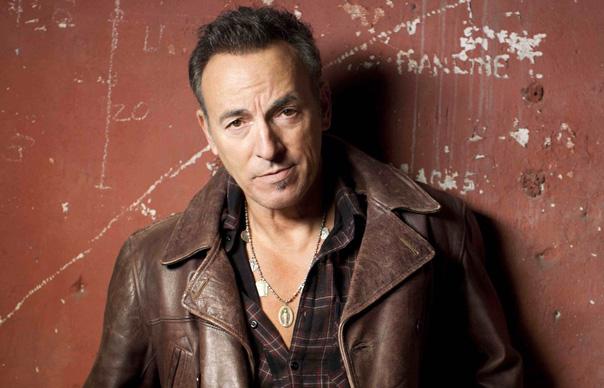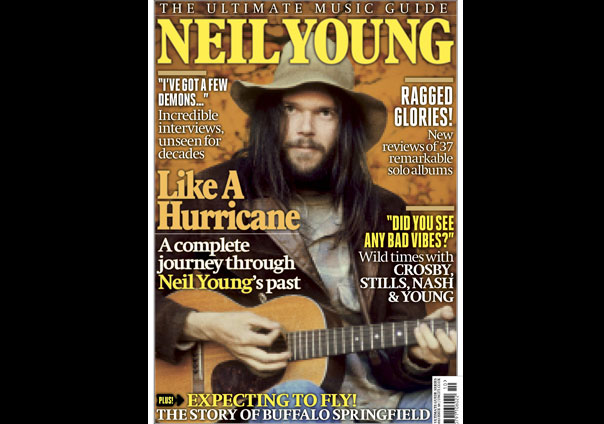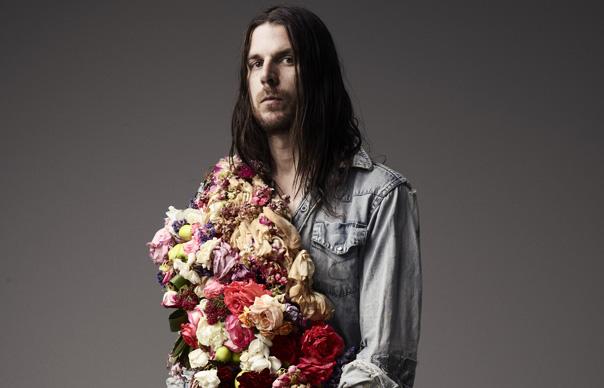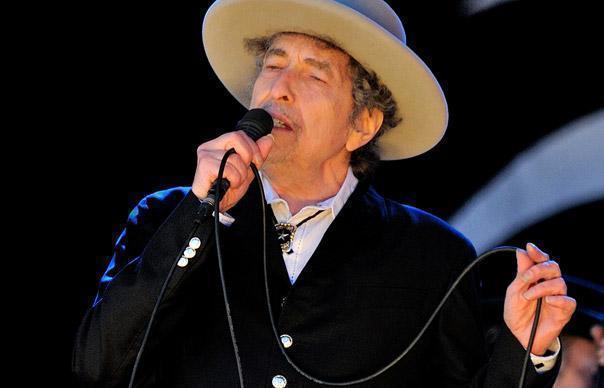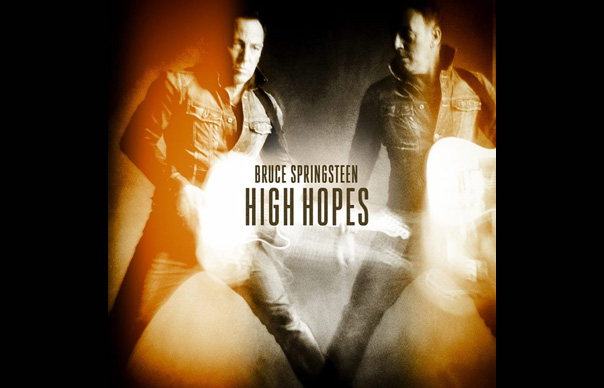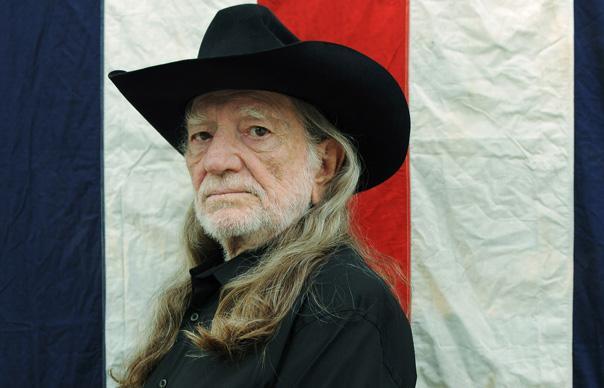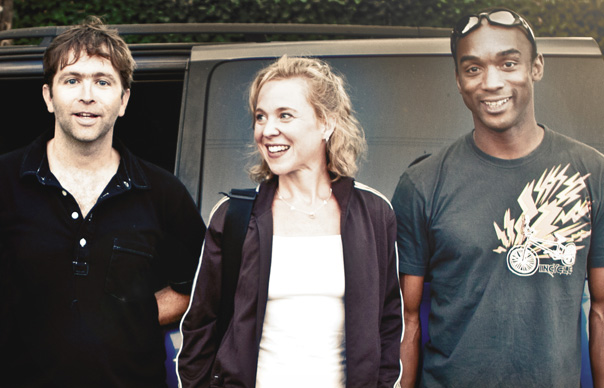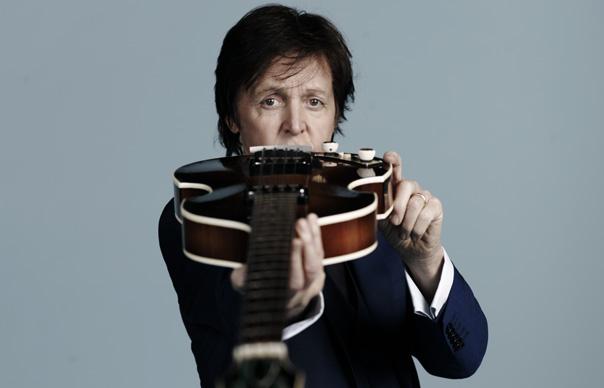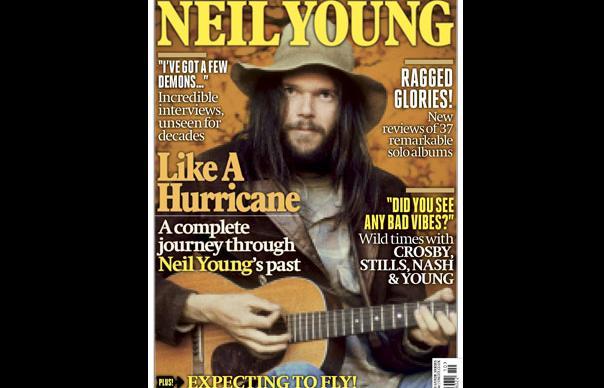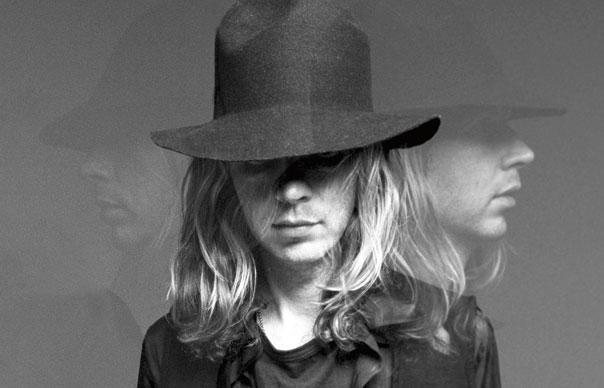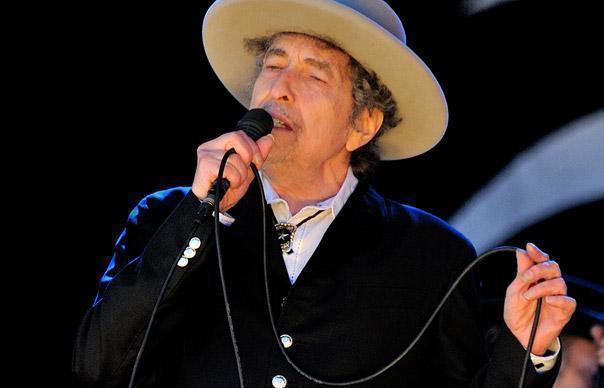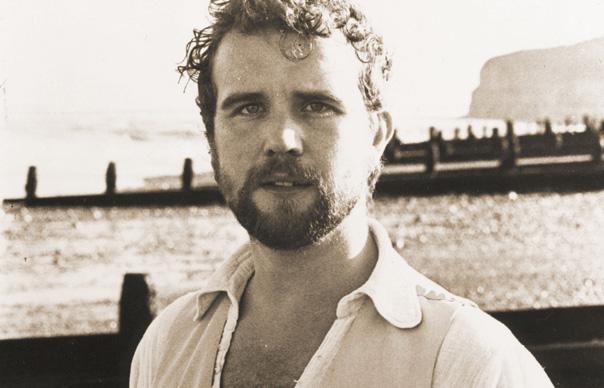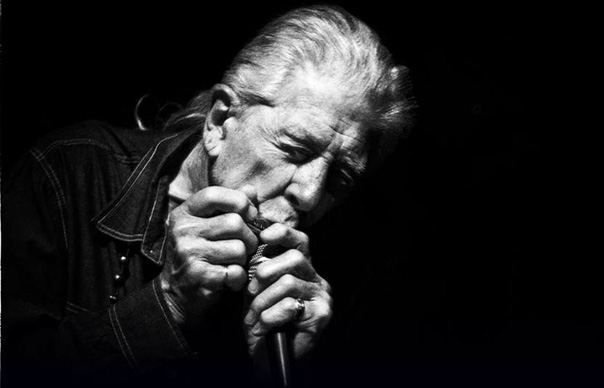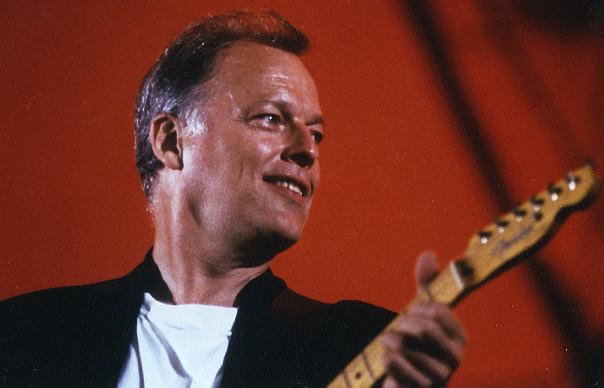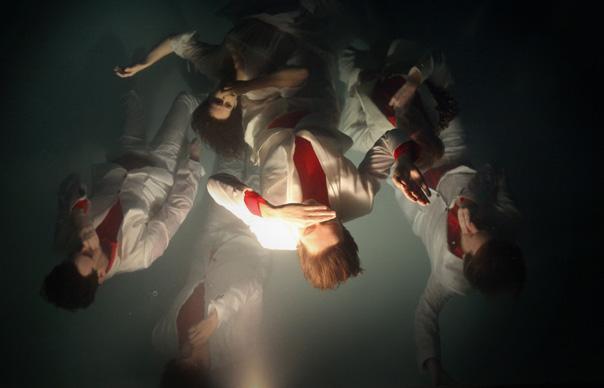I wrote a Throwing Muses feature for the November 2013 issue of Uncut, for which I spoke to all Muses past and present. The key interview, of course, was with Kristin Hersh, which ended up taking place over two lengthy sessions.
Kristin was terrific – very open and willing to discuss the band’s life and times in detail, and well as her own ups and downs over the years. Inevitably, I couldn’t get everything into the finished piece, so I thought I’d run the transcript in its entirely here. What I guess you need to know is that the starting point was the new Muses album, Purgatory/Paradise, and we start talking about the beach because it plays a significant part in the album’s creation.
Anyway, this transcript is over 6,000 words long, so make a cup of tea and get yourself comfy…
Follow me on Twitter @MichaelBonner.
___________________
Can you tell us a bit about the beach?
I just came from there. It’s fucking freezing! The lifeguards must hate me because they have to sit there and watch me swim in something that is not conductive to keeping anything alive. Even the jellyfish left.
It seems very central to the album…
The chasm itself overlooks the surfer end of the beach, and it’s very dramatic. It’s a long, beautiful drop. The beachy part of the beach, where people lie around and swim, at the other end, it gets less and less dramatic. That’s where I hang out, because I’m less and less dramatic.
This is Rhode Island?
Yeah, the island we live on is Aquidneck Island. It’s an Indian word. It means Awkward Neck. It’s mostly surfers and hardcore. It’s a little bit of Ireland, it was settled by Irish. It’s full of bars and stonewalls. It would look familiar to you, but it’s not to most Americans. It’s a strange place. There are a lot of Narragansett Indians here. And it’s voodoo. I live in New Orleans for half the year where voodoo is quite prevalent. And the people that set the tone are not white, ever, in America, contrary to public opinion. Our studio is right up from the beach and it’s difficult not to be informed by the salt water and the minerals and the air and the fact you’ve always just come from the beach because that’s all there is to do here.
I always imagined Rhode Island to be quite upmarket…
We’re the shitty people. I imagine there’s some not shitty people, but they don’t hang out with us.
Is there an inspiration behind the collection of songs on Purgatory/Paradise?
Ten years off, I suppose. The songs don’t give a shit about whether or not anybody is letting us work. We didn’t want to work in an ugly business any longer. It was never really the right thing to do, except it allowed us to make records. But eventually your morals can’t bear to hear ‘Dumb it down’ one more time. So you’re morally bound to either stop working or work in private if you can’t play the game, and we were not out to play the game any longer. So we did both. There were times when we couldn’t work at all and times when we worked a little bit, and this collection is a window into that more private world.
You say you’ve been working on these songs for three or four years.
That’s recording. The songs kept coming, and we always play together whenever we can. And that’s all there were but it always was, because we were such dorks we couldn’t really learn how to, I guess care. You’re supposed to want to be a rock star, you’re not supposed to filter down into the choices you make including selling a cartoon version of yourself and your friends and your product. I don’t see how that could not be transparent to everyone right now. I wouldn’t want to be caught doing that even if I could, and I couldn’t because I’m such a dork and so are my friends but eventually we were livid that that’s what was expected of us when all we were trying to do was… well, really what we’re trying to do is manifest heaven. I don’t know how else to put it! There aren’t any better ways. In private, we called Purgatory/Paradise Precious Pretentious! We don’t care anymore about caring. We care so fucking much, we’re tired of apologising for it. This is our Precious Pretentious world and it’s been private for the last decade because we haven’t wanted to engage in the music business and now the music business is dead and we’re dancing on its grave.
You say in the introduction, “All the stories on this record are true”. Do you have a favourite?
My favourite stories probably aren’t even on this record! I absolutely adore my band. I adore the music, I adore the band members. I wouldn’t work with anyone who didn’t turn me on in every way. They’re the kindest, funniest people I’ve ever met and I’ve lived on buses with them for decades now and there hasn’t been a single moment when I haven’t been thrilled to be in their presence. Honestly. So every fucking day with these people cracks me up. And every time we play, it feels important and touching, I suppose. They’re good weather. Nothing out of control, just something you really want to be grateful for in case it goes away some day.
What motivates you to write songs these days?
I don’t mean to. I never meant to. I just hear them. I hear noises that form themselves into sounds and then I probably alter their sonic vocabulary until I can relate to something that I would call a song. What I hear initially is… I don’t know, challenging, I’m not sure I would release it that way so I let craft step in and turn it into something that won’t hurt anybody’s feelings too much. I wouldn’t actually want to be precious and pretentious, I just like thinking of myself that way! And so by the time it’s a song I would want anybody to hear, it’s in the category of something they’ve heard before. You know, I have a lot of respect for the tradition of pop music and I don’t want to imitate anybody because it’s what everyone else does and I would get bored, but there’s something very touching about putting a piece of inspiration in an outfit with which we’re all at least partially familiar. You wouldn’t want to dress your kid like a clown, in other words.
This is still an ongoing thing for you, and has been for many years.
Honestly, when you said that, I welled up. It’s not easy for me. I don’t like strangeness. I like normal. That’s probably why I dress this stuff in a presentable fashion. Because it hurts my feelings and I don’t want to use it to hurt anyone else’s. There is a place for strangeness, you don’t have to work it.
“I’m not writing songs anymore, they’re writing me.” It seems to be reflected in that line from Purgatory Paradise.
It is what it is. I mean, everybody’s story has to be treated the same way. It is what it is. No one’s turns out too much luckier than anyone else. I’d rather not view it as a trauma but more as a… the gift/curse thing, that’s real. Just about everything can be viewed that way, this is just a little more extreme in my life. It makes me very shy and that’s sad for me, because I love people and I’d like to be one of them. But it’s a reason to hide I suppose, no worse than that.
Hiding in plain sight?
Oh, yeah.
Let’s loop back and talk about the early days of the Throwing Muses. You grew up in Aquidneck on Rhode Island didn’t you, but you were born in Georgia and then you moved to Rhode Island, am I right?
That’s right, yeah. I lived in Georgia long enough to have this gay Southern accent though. It dips my IQ by 20 points or so. But you can’t really hear it unless I’m drunk.
What do you remember about growing up on Aquidneck Island?
Mostly getting beat up for my accent. It was a tough place compared to the South with all this crazy Jesus freaky hats and the staff that would bake pies and take me to Sunday School. It was also gentle, it was kind of nuts, you know, my parents were hippies and I lived on a commune, and everything was kind of soft focused until I got to this cold place. But, this island was the hooker with the heart of gold. There is a warmth and it’s not for strangers, it’s for the people who have proved themselves, it’s a hard ridden place and they let you in after a while.
So when did you first meet Tanya?
We were probably about 9 years old, I suppose.
Was that when you were still in Georgia or had you moved?
No, she’s from here. Dave and Tanya are from here, and Leslie, my first bass player, and Brian, my current bass player, they’re from California and Boston.
So when do you remember your first impressions of Tanya?
Oh, no. I remember her trying to talk me out of my accent, she probably felt bad that I kept getting beat up. Actually they never could win the fight, they would try to beat me up, but the one thing they teach you in the South is how to fight. Dumbasses, thought they could pick a fight with a Southern girl!
So who were your musical heroes then?
My father played music that was wildly diverse when I was a kid. Like Talking Heads, he was a big Talking Heads fan; and he’d play Appalachian folk songs and Phillip Glass. It was kind of a nutty mix, so I never thought to reduce music to a style. To me, that’s like being racist. It’s like saying, I like redheads, redheads and only redheads. It doesn’t really inform your sensibilities in any useful way.
So when did you start playing with Tanya?
When we were about 14.
You had your bike accident when you were 16 which is where everything changes I guess.
Yeah, yeah; it was just goofiness until then. It was just goofiness, like kids in a band. They let us play in clubs, we were as good as anybody else but they let us play in clubs because they said girls don’t start fights. Which is WRONG. And I guess Dave counted as a girl and he wasn’t starting any fights. But I’m not sure we sounded like anybody else. It wasn’t… Biblical.
Do you remember the bike accident at all?
Yeah, yeah. But I had this story that went along with it, my idea was this witch has materialised just to zap me, jam a lightning rod into my skull so that I could pick up music, and she had to do that by knocking the crap out of me. I remember floating in the air when she hit me with her car, you know you go up in the air, and everything was in slow motion, like a lot of people say that after an accident. It was so slow thatI felt like I was hovering, I could watch the whole thing happen, Luckily I had time to think ‘Go limp!’ because otherwise I’d be dead. I didn’t even get knocked out, which is such a fucker. Nothing can knock me out, I take a sleeping pill, I get sped up. In surgery, they can’t knock me out. It’s crazy. It’s like knocking out a 300 pound man to try and get me to sleep. I would give anything, hit me with a tyre iron, anything to black out. But the coolest part was all the blood because that’s just so rad, it was just spewing everywhere. Until you have blood all over you, you don’t know what that’s like. It was interesting. I was only 16 so it was before I could give a shit about myself. Now I’d just be annoyed at best. At the time I just thought it was cool. “Oh, yeah, so it feels like this, now I know.” But my one concern was that since my leg was cut in half, my foot was underneath my leg. When I lifted up my leg, it was cut right in the middle of my shin, so there’s a bone sticking out, with no foot on the end, so I didn’t think I had a foot anymore. My first though was ‘I cant be in a band.’ Which is bogus, like why not? That doesn’t make any sense at all but for some reason I thought I couldn’t be in a band without a foot and that really bummed me out so I went looking for my foot and found it and stuck it back on so no one could tell and say I couldn’t be in a my band anymore.
How soon after that did the sounds start to come to you?
In the hospital I started hearing noises that I thought were machines. They were sort of whirring… it’s a sound I hear before every song begins, it’s like an industrial hum. Clanging and whirring noises, with static in it and what it says is, it’s about to start picking up vocabulary from what’s going on. Images and noises. And it’s going to make a song out of it. I tried to mimic that sound a couple of times on records, on Sunny Border Blue, the last song, ‘Listerine’, starts with a moment of that, and ‘Shark’ on Muses’ University is some of that noise. But I’ve never gotten it quite right, maybe because it’s a visceral effect, not just a sound. There has to be like an electrical component, you should get a shock at the same time, and I can’t really make that happen on a record yet. Well, we’re combining a book and a record so maybe Virtual Reality next time around and I can Tazer you. It’s like, God, I hate that girl!
You’re in Rhode Island at this point? So what else is going at that same time?
I was never that interested, and now I’m not interested at all. But the music I am moved by does tent to happen in small places. I think the future of music is probably in attics and garages and basements and churches and bars. And that’s as it should be. I don’t think we all have to hear it. Manifesting heaven would be the point, so it’s not about counting the number of people who are paying attention. It was hardcore bands and us. And that was great, because they sounded like the ocean, and I loved that. We were just included for some reason. I guess because we had distorted guitars nobody could tell what we were doing. I loved those shows where it’s just 14 bands and nobody makes money and nobody’s headlining and that’s sort of as it should be. Except that nobody really listens in bars. I like it when audiences listen!
How did you end up going to Boston?
We were just told that we should! We were in the scene in Providence, which was more about art rock and less about anyone getting signed. That’s fine, but I don’t know… I was probably a little wishy-washy and I let people tell me what to do. But it was good. We got to Boston and it was sort of what we were used to. No one seemed to be headlining, everybody just played for each other, the bands would just step off stage and become the audience for the next band. It was about making our own noise, so it was a great education for us, to be able to play constantly. There was no competition, except when it came to lousy music. We were trying to drown out the lousy bands.
You sign to 4AD and record the first album with Gil Norton. What do you think of the songs on that first album now?
I’m not comfortable listening to them now. Dave and I played a show a few years ago, where we played some of them and so I had to learn them and I had to listen to the record and I did get that at least I wasn’t flirtatious or shallow, you know. At least I was in the throes of something real. I just don’t like to go back there. I can appreciate it intellectually. And it is better than what happened to us, which was eventually just throwing Warner Brothers the crappiest crap we could come up with so that they would let us survive. We had a song that was just a joke, and that’s much worse: at least I just sounded psychotic when I started. It’s way more psychotic to try and play that stupid game. We still play a lot of those songs! The record itself is hard for me to listen to. I wasn’t so into the smooth production and I don’t like to hear that crazy, psycho voice of mine very much. But it is what it is. We weren’t lying, in other words, we weren’t trying to impress anyone. It’s like pulling out your liver and tossing it on the table: it is what it is. It’s not pretty, but it’s honest.
What do you remember about coming to the UK?
I remember thinking, where are the all the girls? The audience in Boston was half women, and there doesn’t seem to be any women at all in England. I guess they were in the back. But I do remember the enthusiasm, a lot of sweaty, drunk jumping boys. And that was nice to have. The chaos on stage matched the chaos in the crowd.
And there’s the famous Pixies tour in 1988.
The Pixies kept us from being lonely everywhere. I made our manager sign them, I made our record company sign them, it’s like – we will not be alone again! The Pixies gave that tour a hometown feel. We were all just little babies in a van together, we were so pathetic we would sing sad folk songs together because we were lonely. We were complimentary bands and we were all close friends.
House Tornado and Hunkpapa: came very close together. Plus tours. Was that a very intense period for you? What kind of pressures were you under?
I loved the work. It’s not an easy life. The people who live on the road are soldiers and we expect a lot of each other. That’s exhilarating. At the same time, the pressure of the business is just ugly. Not from 4AD, they were very dear friends, but from Warner Brothers who we were dealing with because we were American, it was just made very clear that I wasn’t pretty enough or I wasn’t fashionable enough, I wasn’t writing stupid pop songs and they were going to stop funding our records unless I did some like that. That was mean in the 50s, but to hear it in the 90s was just offensive. Ultimately, I was called difficult. I’m the nicest person in the world! I’m so nice, it’s pathetic. But they don’t like it when you’re a natural musician, they don’t like it when you know about production and have opinions about production, they don’t like you to know what you’re doing because they can’t tell you what to do. And I was not about to turn my back on women by presenting myself as a bimbo and I was not going to turn my back on musicians or any stupid shit by trying to get on the radio. I just ended up giving up. By the time we made The Real Ramona, I was morally bound to quit. This is war, and I am against them. I am on the side of music, not the music business. You’re not sure you can really win, and that’s what we’re doing right now. This success, and I’m willing to call it that, because I love this world and I like to be able to hear it and to have our soundtrack funded by listeners, I’m certainly willing to call that success.
What do you think about “Dizzy” now?
It was a joke. We were like, ‘You fuckers, you’re so stupid, this is what you want.’ And then they do want it! We were in the studio, saying, ‘Now add something PC.’ It was just so stupid. We expected them to get the point and they didn’t at all, they loved it. The music business was awful and it should have died long ago. We hated that song while we were recording it! We didn’t play it on the tour. Like I said, I respect pop music and it shouldn’t suck.
1990: pivotal year for you and the band. Can you tell us a little bit about the events of that year?
That was ugly. Our manager sued us. I’m not allowed to talk about it, still. Then my son was taken away by his father, who tricked me into leaving my house for an house and when I did the cops found me and served me papers saying I’d abandoned my son. He took everything in my bank account, my house, my car, my child. I just lost almost everything that year. I couldn’t afford to finish this root canal that I was half way through when all this happened because my son’s father left me with a tax bill for the money I had earned and took everything out of the bank account. I was also sued by the Musician’s Union as the leader of the band because they wanted me to pay dues in every state where we had played and they were sending me letters to my apartment when I was on tour, so they all went to collection. It was just one of those years where everything falls apart. And Warner Brothers was trying to break up the band. All I had was Billy. I was halfway through this root canal, so I was taking fistfulls of painkillers all day and washing them down with beer and cheap champagne. I was already dead, really. I barely remember making The Real Ramona. I would start a take and then I would hear the producer saying, ‘Okay, we’re going to do another one.’ It’s like, well, we haven’t done that one yet. But a take had just gone by and I’d no memory of playing or singing. It was one of those lost years. While I made that record, I said, ‘That’s it, we’re not a band any more, there is no life. I quit.’
So what got you out of that?
It took a while. I married Billy, we had a baby. Dave, who’s been my best friend since we were nine years old, so we were still very close, he would come over to play with the baby and listen to the songs I was putting on my four track. We’d talk about the songs. They were like the baby; we were playing with the songs and playing with the baby. Eventually he said, ‘This is bullshit, to let Warner Brothers tell you what to play or what not to play. They destroyed your life and they had no business doing so. So let’s be a band that doesn’t give a shit.’ And that made sense. So Leslie came back for the recording of Red Heaven and Bernie did the tour, and Bernie’s been in the band for twenty years now. We just never went back to giving a shit. When it comes to the music. Which sounds so lame, but…
It’s a defensive mechanism.
It’s hard being the little guy. It’s hard when you’re bereft. It’s hard when meaning is your only weapon, because it doesn’t make money, and money is survival and money is freedom. But there are more important ways to live than the lie that says you’re supposed to care about it. So somehow we’ve survived long enough to only be about that at this point.
What about Tanya leaving the band?
We called ourselves step-twins and we were letting ourselves be two sides of a personality, so we like to think that we became whole when we stopped relying on each other that way.
University is just the three of you. Is that an album that you have a lot of affection for?
Yeah, I love University. It’s so sweet. That our most successful record came at that point is charming. I’m not attached to that as a record, but it meant we got to stay on the road and feel lucky, no sucky, not hating out single. We met great musicians and we got to know our listeners for the first time. We’d always been kept from the audience – you’re in the dressing room and the hotel room and the bus, and this time we were out there meeting the people we were playing for and appreciating the work they were doing. The work of a listener is not a slam dunk. It’s taking a ride and trusting that it’s going to go somewhere worthwhile and we developed a genuine respect for that. The course of events that let music happen between people at that point, and that’s really what we’ve stuck with all this time, is just respect for the listener. Which is unusual. You’ve read Purgatory Paradise, people who don’t want to be swayed by the outside world, we love the people that the soundtrack is for. 50:40
Was it easy to step away from the band to do Hips & Makers?
Oh, no, that was a total mistake. I mean, not in retrospect, but I didn’t mean to do it. I recorded acoustic songs for Billy, not really remembering that I was married to one of my managers. So he sent them to my business manager who had them on his desk in Athens, Georgia. Michael Stipe picked it up, took it home with him, listened to it, sent it to Warner Brothers, Warner Brothers was going to release it! It’s like coming across a love letter and saying, ‘Ah, yes, I’ll put this is the newspaper.’ So I said, ‘Let me do it on purpose, then you can release it.’ Michael was convinced I was going to fuck it up, which I understand, but I did it on purpose and it sounds just like the demos. I was still not convinced that they were going to release it. I thought that Warner Brothers felt sorry for me and they were just pretending to care about something like a solo record. I just couldn’t do the math. Like, nobody cares about my band, but they’re going to care about that? But there were a lot of people who preferred a pencil-sketch production of a song. So University and Hips came around the same time, or I made them at the same time anyway. I was surprised that I had to tour by myself, start wearing contact lenses because I had to get out the big theatre stages and climb up on that stupid acoustic girl stool without falling off and if you fall into the microphone everyone can hear it. It was a steep learning curve. But I did learn that the instrument itself is muscular, that it’s wood, you can hear air and muscle and some songs really take to being played in air and wood. And as much as I loved my peddles and hiding behind my bandmates, music deserved a little bit more from me. That was humbling. I don’t feel like I knew what I was doing when I made that record. I didn’t know how to record a cello. It sounded like a horse. I just didn’t know what I was doing. I recorded it in two weeks. But it sold so much that it was in the black the day it was released and what I did was tell Warner Brothers you can have my solo record if you let the Muses go. So I bought out freedom and then found our that the Muses weren’t signed, only I was signed as a key member, so I was buying my own freedom. The day I left, they declared Hips & Makers in the red so I would never make another penny off of it.
This is all leading towards CASH Music and these methods of distribution that have characterised your work over the last few years. Is this the way forward?
So far, I believe it is. There isn’t the foundation of response that we started with when I started playing. People are no longer well-versed in live music and hw to go about supporting musicians. It’s OK, it’s a re-write, and I think it’s necessary for a lot of reasons. I’m lucky enough to have support historically the support of people who aren’t trendy, those people who aren’t interested in what you just released and then it’s necessarily going to be considered ‘out’ sooner or later. So if you’re working in a timeless genre, if you’re trying to – I’m going to say it again – if you’re trying to manifest Heaven, you’re not going to impress anybody in the next five minutes. So if you’re looking for a long term solution, I would recommend you’re trying to find listeners for whom you feel a great deal of respect. I still consider Limbo to be our best record up to that point. There was no more money afterwards to tour or be in the studio so we just disappeared. I moved out to the desert. I just sort of became a ghost for a few years. I stopped feeling songs. I was quiet. Having thought of Throwing Muses as one long quiet war against smug, it fits like the end of a story, but I was still broken hearted. You know how everyone in the music business is just so smug? And we were losers, and that was important. So it fit. I should probably have seen it coming, but it still broke my heart.
Did you think you’d ever reconvene the Muses at that point?
No, I thought the music business won. I know we would play together, if it didn’t hurt our feelings too much. And that’s what we did. But the only recording I could bring about was when I was making a solo record. I didn’t use all my studio time so I talked them into the studio for a weekend and we recorded that record that I think is called Throwing Muses. Which is sweet, but it’s more like demos than a record. And of course no one ever heard it. I know that’s not the point, but it’s still a little sad.
When did the songs start coming back?
It’s a really nutty story. I was on tour, I was touring a record that was all written before everything happened and it was what I think of as a half-arsed record. I was going through the motions, trying to feed my family. I was in New Mexico, I was leaving the morning after the show, and we were in a café getting coffees to go. My husband Billy looked down to take my order and there were tears streaming down my face because I could see the music coming out of the speakers and I remembered the sense that I had lost and I remembered how I had thrown my life away for music, all at once. I suppose it’s my religion. So he started to freak out, whips around to see who’s making me cry, and there’s these two old Indian guys burning herbs over a younger Indian guy’s guitar. Billy races over and says, ‘My wife is crying because she can see music. Did you do this to her?’ They said, ‘Oh, sorry, we’re blessing this man’s guitar. We must have missed and hit your wife in the back of the head.’ The guy was bummed. He’d been fasting in preparation for the blessing. I took the blessing away – I even played for it. So he had my play the guitar for a while, and we talked, and we because friends. His name is Leonard Crow Dog and he sends me birthday cards and lets me know how his guitar is doing. I tried to transfer some of the blessing, I don’t know if it worked, but I could hear songs again after that. What album was I touring? Strange Angels. I don’t know what year.
Does this lead into you starting to reconvene to work together again with David and Bernard?
No, this was long after that. This was Red Heaven. I had already given up and stayed given up until CASH Music. We would… every time we’d play together, I’d look down the set list, it wasn’t alive anymore, it wasn’t challenging to us any more. We felt as dead as people were treating us. As if we were reviving the past, when really such is not the case. A good song is timeless, and most of the listeners got that. Purgatory Paradise was already being written, just because songs keep writing themselves and these were not 50 Foot Wave songs and solo songs. I tried to make them solo songs but it was really obvious.
What does your day to day life entail now?
I’m in the studio most days. Because all of my projects are funded now and the days I’m not I’m writing books. The social networking replaced record companies. It’s not an easy thing for a shy person to pick up and do, but I have taken to the warmth of it, I suppose. It’s pretty fucking Zen. The blog – I suppose it depends how quickly and how loudly you read it.
What would Kristin of 25 years ago think of you now?
I haven’t changed a great deal. But sadly, the nightmares just kept coming. I have not had an easy life and it hasn’t given me much of a break. There’s always somebody worse off you can compare yourself to, but lately I’ve been meeting people who just seem to have a fairly easy time of it. I kept thinking that you can learn a lesson and avoid the traumas but life isn’t really set up that way. I guess it’s asking for a more evolved response, and then maybe it leaves you alone. But after all I’ve been through – my marriage dissolved this year. I’ve been with Billy since I was 22 year, just another nightmare waiting in the wings.
I know it’s been difficult, but it’s a body of work of a standard than most people have left.
Thank you for saying so. That’s a good way of seeing it. I felt like it shouldn’t have gone to maybe a skinny little white girl. Someone with more wherewithal, someone with a louder mouthpiece, somebody with bigger balls. And you can think that as a mother, too. How better off would my kids have been? But I guess what you’re saying is true, we’re looking for a more evolved response.
If you had to chose an album that you’re happiest with from the catalogue, what would it be?
This one. Because having claimed all along that you’re morally bound to play the right music no matter who likes it, we were never really fully functioning in that regard, there was always something in the way, whether it was psychosis, or Warner Brothers or a producer. This is the first time where the lack of a middle man has really shown itself, because the listeners demand quality, whereas the middle man demands opposite. We wouldn’t stop making the record until it’s shown that way. Even if we were there just deleting and deleting and deleting – we’re really good at erasing! – that’s carving your statue, you know? We’ve really never had the freedom and the wherewithal and the balls to do that until now. Because we don’t give a fuck. We finally don’t give a fuck about anything but the song in front of us. I mean, duh! That’s the way it should have been all along, although I guess if it were no one would have heard of us.
You’ve got to go through that to get to here…
Yeah, I suppose so. Right, because you could fall back and make those mistakes at any moment. We know how bad that feels, so we won’t do it again. And it doesn’t help, I mean everyone is trying to suck in order to succeed, so you just get lost in the mess of people willingly sucking. You might as well not suck, and then even if no one’s paying attention at least you’re good.
Have you made peace with music?
I believe I have. I think writing that book helped show its features in relief so that I could imagine how numb I must have felt in the desert without music. You can’t feel spiritually privileged. You can’t ask for less. You have to take whatever is thrown at you, and that was thrown at me and I can now see that it’s a walking, talking organism that I was honoured to spend time with while I was here and I was playing.


